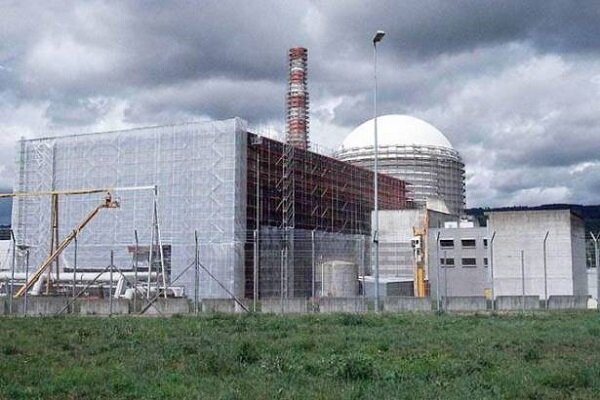Satellite images reveal Israel quietly expanding secretive Dimona nuclear site

Newly-released satellite images have revealed that the Israeli regime — the sole possessor of nuclear arms in West Asia — is conducting “significant” constructive activities at the highly-secretive Dimona nuclear facility in the Negev Desert.
Citing commercial satellite imagery of the facility, the International Panel on Fissile Material (IPFM), a group of independent nuclear experts from 17 countries, reported Thursday that “significant new construction” had been underway at the Dimona complex.
The construction site sits “in the immediate vicinity of the buildings that house the nuclear reactor and the reprocessing plant,” the report said.
The IPFM’s website said the construction had “expanded and appears to be actively underway with multiple construction vehicles present.” However, it added, the purpose was not known.
It was unclear when the construction work began, but Pavel Podvig, a researcher with the program on science and global security at Princeton University, told The Guardian that the project had apparently been launched in late 2018 and 2019.
“But that’s all we can say at this point,” he added.
According to Press TV, Israel has tightly withheld information about its nuclear weapons program, but the regime is estimated to be keeping at least 90 nuclear warheads in its arsenal, according to the non-profit organization Federation of American Scientists (FAS).
The warheads, FAS said, had been produced from plutonium obtained at the Dimona facility’s heavy water reactor.
Dimona, which is widely believed to be key to Israel’s nuclear arms manufacturing program, was built with covert assistance from the French government and activated sometime between 1962–1964, according to reports.
Israel has acknowledged the existence of the Dimona nuclear reactor, but neither confirms nor denies the purpose of the facility, which is assumed to be the manufacturing of nukes.
Meanwhile, environmentalists have warned that Dimona — one of the world’s oldest nuclear facilities — could pose enormous environmental and security threats to those living in the area and to the entire West Asia region, calling on the regime to shut down the complex.
Turning a deaf ear to international calls for nuclear transparency, the regime has so far refused, with the U.S. invariable support, to join the Non-Proliferation Treaty (NPT) that is aimed at preventing the spread of nuclear weapons.
